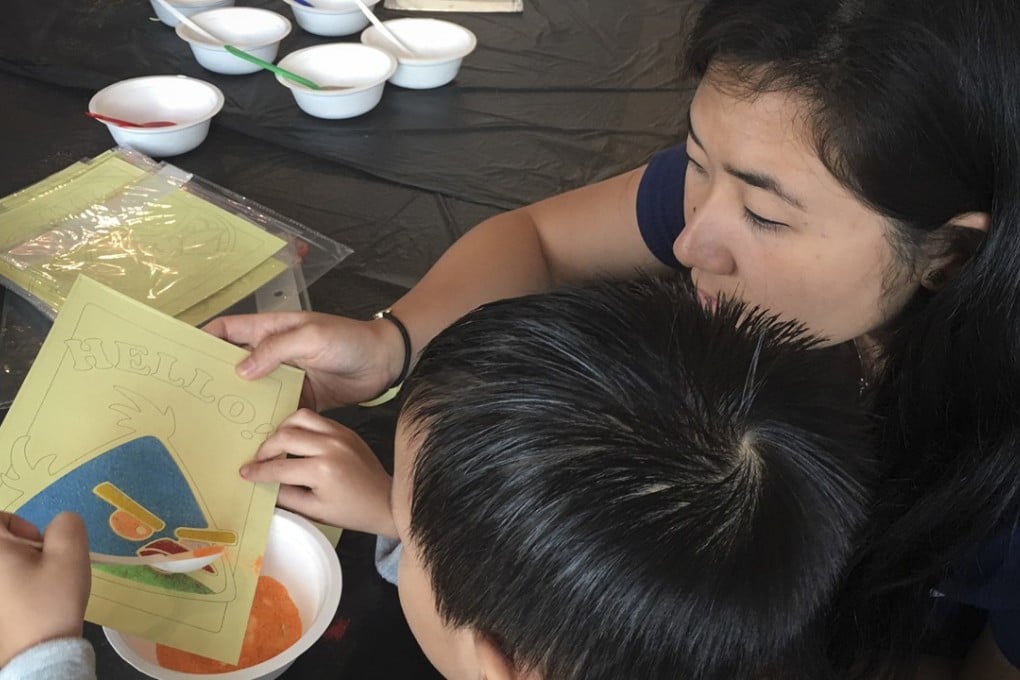Volunteering in Singapore: why it’s on the rise, and the groups looking to add a sixth C – caring – to five Cs in materialist city state
It’s often said Singaporeans have five priorities – cash, car, credit card, condominium and country club membership – but perhaps it’s time to add one more: caring. There’s been a surge in volunteering for good causes recently

With the pressures of entering an elite university, working for a prestigious company and staying competitive in a fast-paced economy, volunteering hasn’t always been on top of the agenda for young Singaporeans.
Yet many organisations in the city state aim to encourage citizens to become more involved in acts of kindness, not for the sake of it looking good on a résumé, but as a way of life and thinking.
As a result there has been more volunteering in recent years, benefiting a range of causes, from care of the elderly, people with mental illness, and children and adults with special needs, to help for lower- income families.
The number of volunteers almost doubled between 2014 and 2016, with the proportion of people saying they had done voluntary work rising from 18 to 35 per cent, according to research conducted by the National Volunteer and Philanthropy Centre.
Oil, bribes, politicians: what happened to ‘clean’ Singapore?
Zeng Wanyi, co-founder of Effective Altruism Singapore, an organisation that supports and encourages acts of kindness, says it’s difficult to point to any single factor or organisation to explain the increased activity.
She says it may be a long-term effect of the Community Involvement Programme, which was launched in 1997 to formalise and mandate volunteerism in schools. “It might be that there’s a generational effect from people exposed to this ‘way of life’ and continuing the engagement in their adult life,” she explains.